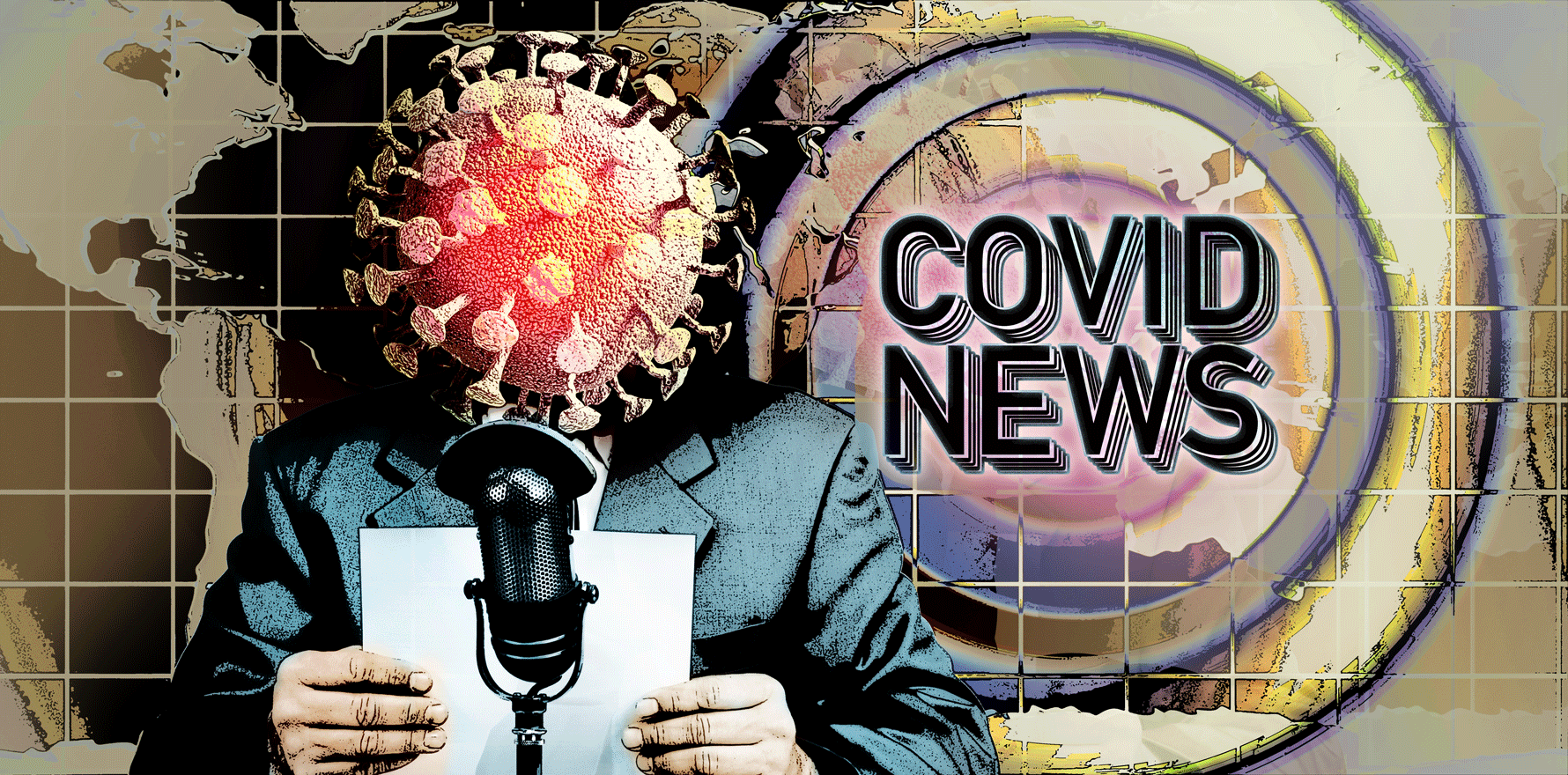And Moderna's bivalent Omicron-containing vaccine has been given a provisional nod.
The mandatory covid isolation period has been shortened from seven days to five nationwide, and masks will no longer be compulsory on planes, following a meeting of National Cabinet.
Prime Minister Anthony Albanese said last night the reduced isolation period would apply only to people who had no symptoms at five days, and that seven days would still apply to workers in high-risk settings including aged care and disability care, and to those providing care in the home.
Both changes comes into effect a week from tomorrow (Friday, 9 September).
The AMA has called for National Cabinet to release the medical advice on which it based its isolation decision, with new president Professor Steve Robson warning that many people re-entering the community after only five days would still be infectious.
“[W]e need to see that advice and whether it supports today’s decision,” he said. “If it doesn’t, the politicians need to explain themselves.
“As many as 30 per cent of people are likely to still be infectious on days six and seven – even longer. When isolation rules change we need clear plans for protecting the vulnerable and careful monitoring, and if case numbers climb then the isolation rules should be re-evaluated.”
On Tuesday the TGA provisionally approved the first bivalent covid vaccine including Omicron for use as a booster in adults.
It still needs approval from ATAGI, which is due to advise in “coming weeks”, before it becomes part of the national booster rollout.
Moderna’s Spikevax Bivalent Original/Omicron vaccine contains 5mcg of imelasomeran, which targets the Omicron variant BA.1, and 25mcg of elasomeran, which targets the original strain of SARS-CoV-2. All other ingredients are the same as those used in Moderna’s original vaccine.
The TGA said it had “carefully considered data from an ongoing clinical study, which showed that the [vaccine had] a similar safety and reactogenicity profile to the original Spikevax booster given as a second booster dose. No new safety signals were identified.”
It was reported this week that Moderna is suing rival manufacturer Pfizer for patent infringement, claiming it and development partner BioNTech had copied mRNA technology that Moderna developed before the pandemic. An expert told The New York Times the litigation, regardless of result, would not affect supplies or development of mRNA vaccines, only who took more of the profits.


